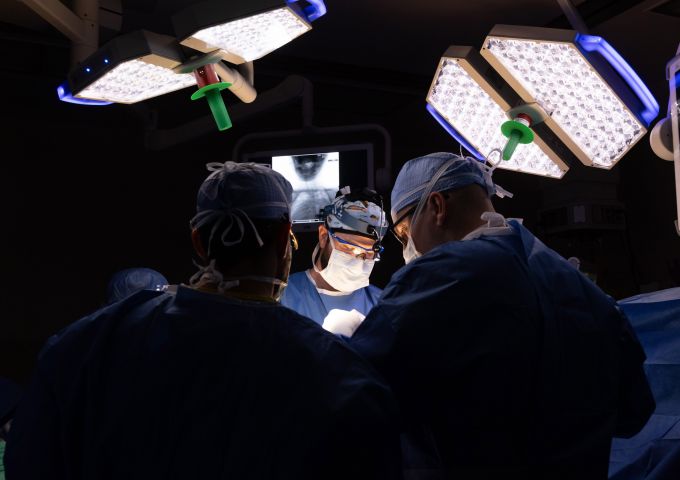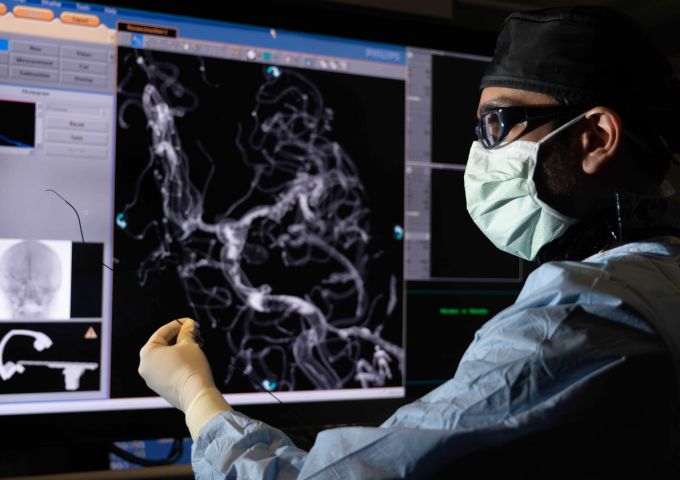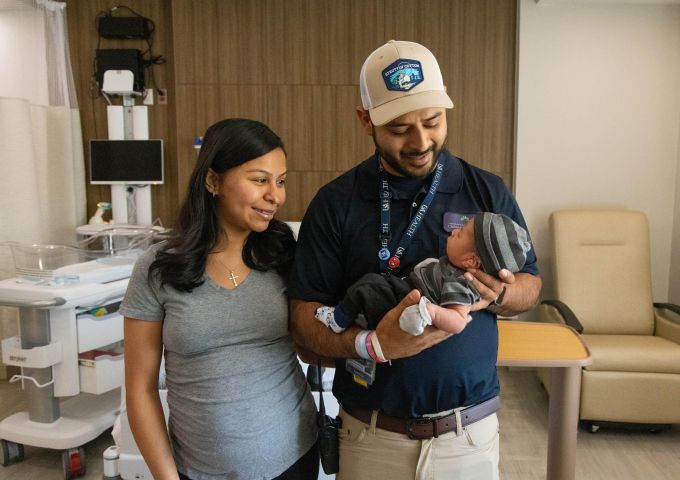
The cause of post-ICU syndrome is a mystery that Mike Lin, Ph.D., is determined to uncover. See what he’s doing.
It seems unfair.
A person is critically ill. So much so, he or she has to be admitted to the ICU. Despite improving enough to be discharged and go home, sometimes such patients suffer damage to the brain that makes it difficult for them to carry on a simple conversation.
This is just one of the symptoms of post-ICU syndrome. It’s a conundrum perfectly suited for Mike Lin, Ph.D.
Lin is an associate professor of physiology and cell biology at the USA College of Medicine and a research scientist at USA Health. His career began with a focus on the basic mechanisms of learning and memory. So when his colleagues in the critical care unit described the symptoms of post-ICU syndrome, Lin started investigating to determine the cause.
“The mechanism is unknown,” Lin says. And that’s just what he intends to find out.
Much of his research has centered on patients with pneumonia—lung infection. When lung cells (endothelial cells) are infected with certain kinds of bacteria, they produce amyloids.
Amyloids.
That may not strike fear into the average person, but to a neuroscientist like Lin, that spells trouble. He explains:
“Amyloids are a big mechanism in causing neurocognitive diseases, such as dementia and Alzheimer’s disease.” That’s a problem because, as he adds, “there is no way of treating dementia and Alzheimer’s disease right now.”
The hypothesis is that amyloids release from lung cells and are somehow traveling to the brain, crossing the blood-brain barrier and depositing there.
“We need to understand the basic mechanism of what is being released into the patient’s circulation and how.”
Much research remains to be done, but when complete, Lin and his colleagues will have laid the groundwork for future breakthroughs, including potential treatments for Alzheimer’s disease and dementia.
That’s what happens when colleagues work together, ask difficult questions and see things differently. Because that’s what transforms medicine.






